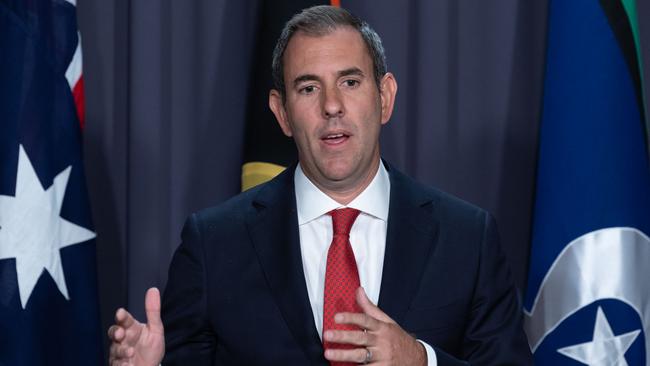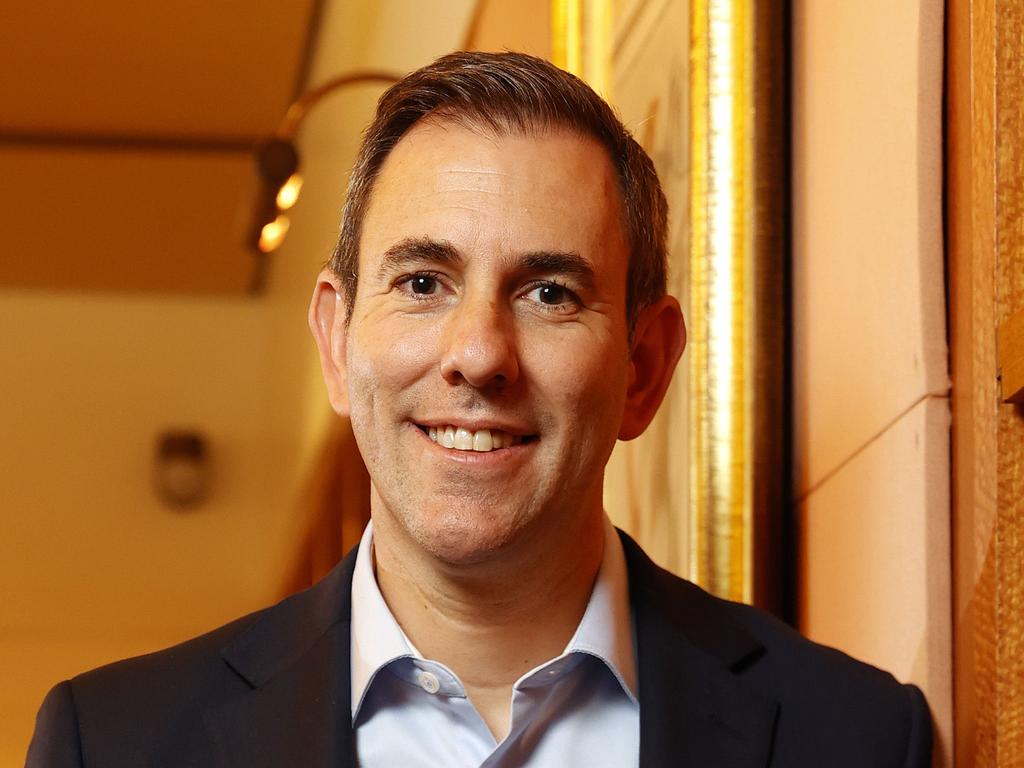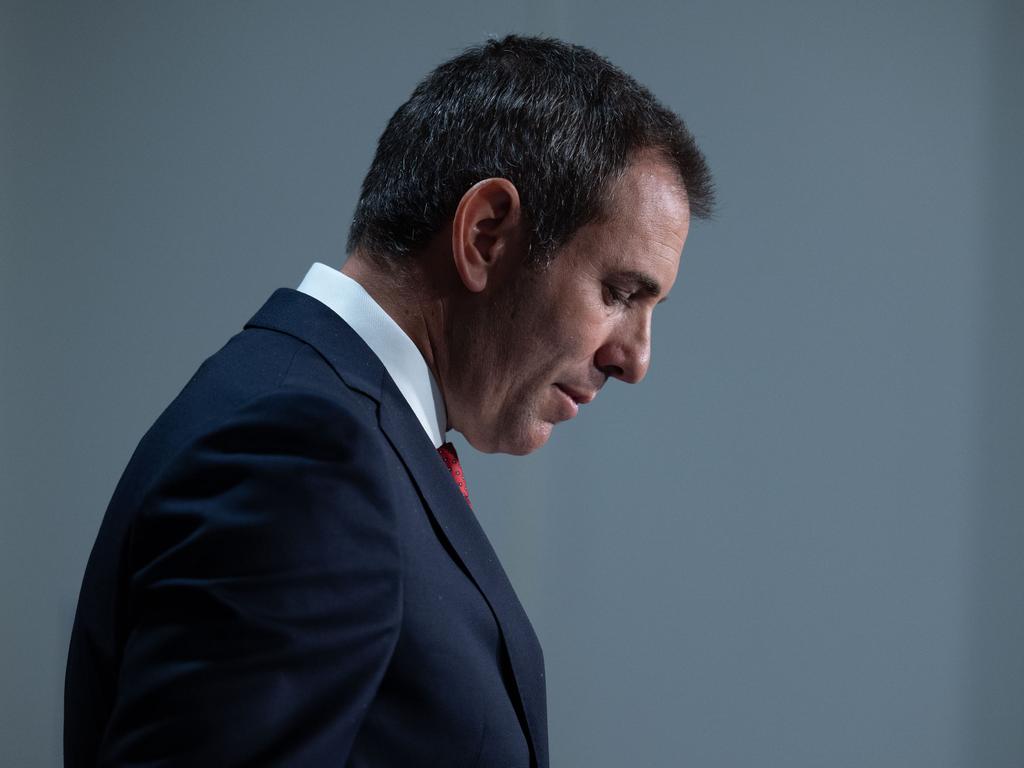Chalmers manifesto has no respect for aspirational Aussies

The Treasurer believes his proposal for activist governments – running the economy from the top with him at the centre – is a solution to the challenges Australia faces today. Further, it is a damning statement of Labor’s priorities that the Treasurer spent his summer writing a manifesto on capitalism rather than working on real solutions to the economic challenges making life tough going for hardworking Australians. But as we approach the first anniversary of this Labor government, its economic agenda is becoming clearer by the day and it is entirely consistent with what the Treasurer has advocated for at length in his essay.
In recent times, some have argued there aren’t enough differences between the Coalition and Labor. Chalmers’s diatribe tells us where the real differences are. The Treasurer has abandoned the Hawke/Keating legacy and returned to Whitlam-like objectives, distancing himself from supply-side economic reform and signalling his intention to put government at the centre of the economy. He ignores the fact that Australia’s relative economic success in recent years came from an era of lower taxes, less government intervention, free markets, strong budget management and aspiration for a better life.
By dismissing the Washington Consensus as a “negative form of supply-side economics” and “a race to the bottom”, Chalmers has distanced himself from policies such as reducing budget deficits, securing property rights, independent interest rates, boosting competition and spending taxpayers’ money productively. Further, he ignores a substantial body of recent economic research that has shown the sustained pursuit of these policies has led to higher real GDP per capita and higher standards of living. Countries pursuing more protection, more fiscal deficit spending and greater state control over industry have experienced falling real GDP per capita over a 15-year period.
This is a Labor government that believes it knows better than hardworking, aspirational Australians. Labor believes government interfering in your life is a good thing because the government is full of smarter, better-informed and better-motivated people than the average Australian. Labor believes union officials and lifelong political staffers know how to run businesses, how to make investments and how to create jobs better than entrepreneurs, investors and employers.
Take Chalmers’s approach to superannuation as an example. Knowing he can never tax enough to spend what he wants he has decided to use your money to do it. Rather than focus on securing returns for your retirement, Labor wants to direct super funds to spend their members’ money – your money – to fund its pet projects, selected by the government and motivated by Labor’s political agenda. This is Australians’ money but Labor does not respect Australians enough to allow them to choose the investments that suit their needs. This joins a growing list of interventions that were not revealed to voters before the election. First, price caps for wholesale energy that will lead to supply shortages and higher prices. History, theory and industry all warn this is what will happen, but Labor thinks it knows better. Already, the predicted failures are unfolding.
Second, the reintroduction of industry-wide bargaining. Australia had this until Hawke and Keating moved against it. This government is proving to be more Whitlam than Hawke or Keating.
Third, Labor’s naked ambition to raise taxes. Sharply curbing franking credits is back on the table and Chalmers is doing all he can to kill off the stage three tax cuts. We know superannuation, ever the plaything of Labor governments, is back in the firing line. An additional $114bn of extra spending in the October budget is a strong signal of a big-spending, big-taxing government.
Fourth, for the first time since the Charter of Budget honesty came into existence, Labor has walked away from budget balance as a budgetary objective. This was a monumental shift and will show up further, no doubt, in a big-spending budget in May.
Labor’s implicit promise to investors and businesspeople should be seen for what it is – a frightening shift to big government corporatism. Chalmers is committing to government support if a business aligns with the government’s agenda. How can a business expect to succeed if its competitors are getting bucketloads of government money? How can smaller businesses compete with the lobbying efforts of the big end of town?
Labor wants more taxes, more red tape and more big spending. With inflation poised to stay higher for longer, this is only a plan to make the economy worse.
Australians want less government telling them what to do, not more. They need a government that has their back, supports their aspirations and supports enterprise to drive innovation, create jobs and deliver prosperity. Australians’ vision for their own lives should be the government’s vision for Australia. It is clear they will not get that from this Labor government.
Angus Taylor is the opposition treasury spokesman.






Reading the Treasurer’s prescription for the world economy on the weekend brought a great American to mind. In 1986, Ronald Reagan said the nine most terrifying words in the English language were “I’m from the government and I’m here to help”. Reagan, in nine words, said what the Treasurer has in 6000, but his quote is a reminder that there is nothing new about Dr Jim Chalmers’s proposals for left-wing populist economics.